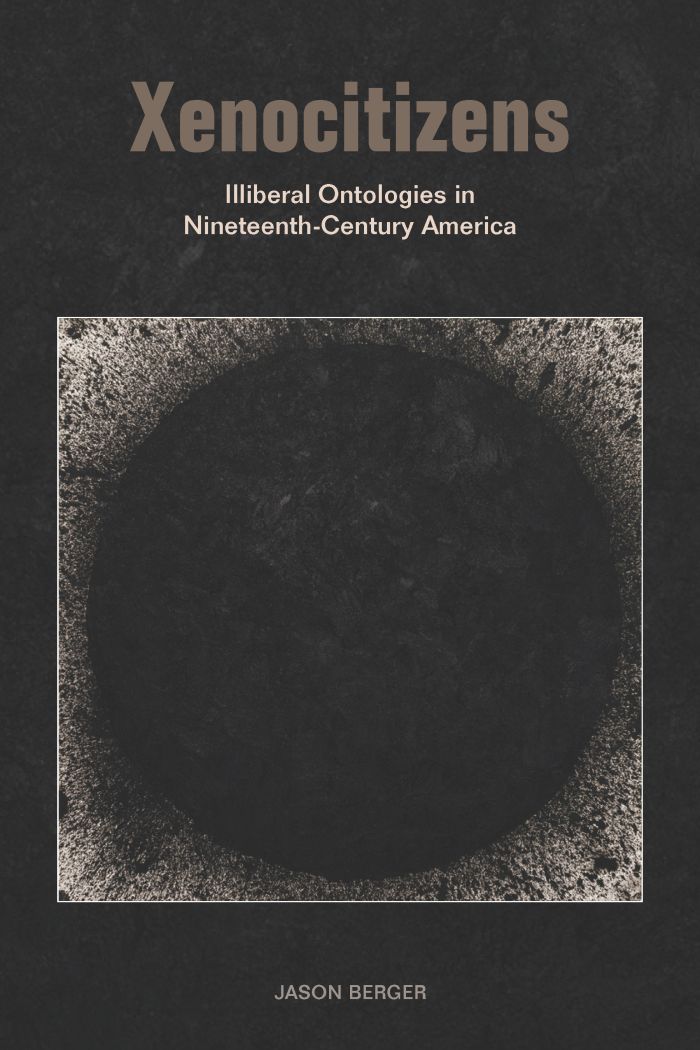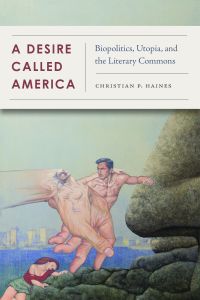Xenocitizens
Illiberal Ontologies in Nineteenth-Century America

This book can be opened with

Jason Berger’s Xenocitizens displays both a burning concern about the present and a patient curiosity about the past. As a way of thinking through--and beyond--our own political disaster, this book lingers with the political imagination of nineteenth-century American literature, explicating its fantasies of personhood and belonging. At his best, Berger refuses caricatures of liberalism and returns the nineteenth century's ways of being to us in all their rich, beguiling, subversive weirdness. Writings from another time in history enable thinking anew, not as a familiar national tradition but as something else, disorienting and strange.—Caleb Smith, Yale University, author of The Prison and the American Imagination and The Oracle and the Curse.
Just as Thoreau imagined his head to be “an organ for burrowing,” and Marx allied with the “old mole” subverting the earth as it bores toward revolution, so too does Jason Berger dig through the nineteenth-century U.S. for clues to how we might live illiberally, into better futures. Berger’s “critical account of actuality without positivism” is a bracing gust of fresh air in these too often stale times. If the idea of a xenocitizen—an alien who belongs in and to a polity—sounds like an oxymoron to you, then you are ready to read this book and renew the art of living together.—David Kazanjian, University of Pennsylvania
Introduction: Xenocitizens | 1
Part I: Illiberal Ontologies
1. Emerson’s Operative Mood | 33
2. Agitating Margaret Fuller | 58
Part II: Illiberal Ecologies
3. Thoreau’s Militant Vegetables | 101
4. Unadjusted Emancipations | 153
Epilogue: Care, There and Now | 201
Notes | 205
Index | 279




